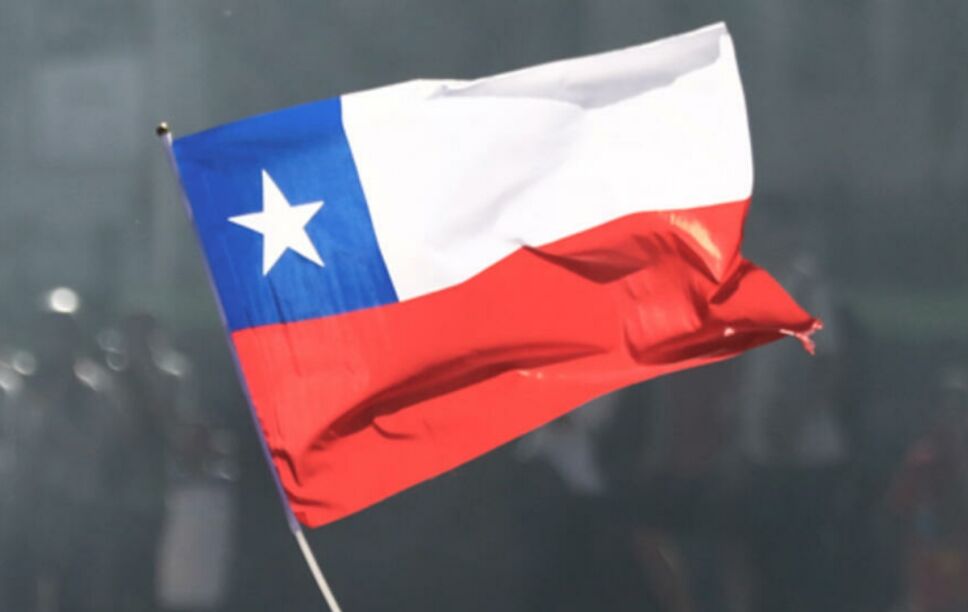RIO DE JANEIRO, BRAZIL – Chilean assets are bracing for a volatile week following presidential elections to determine whether the country continues with its free-market economy or takes a left turn with more regulation and social spending.
The peso and stocks have had one of the worst performances globally in the past six months amid growing speculation that Gabriel Boric could emerge victorious in Sunday’s election and usher in higher taxes, stronger unions, and an end to the private pension system. Analysts say his victory could put further pressure on asset prices, with some projecting an additional 10% drop in the stock market.
Read also: Check out our coverage on Chile
However, the victory of conservative José Antonio Kast could have the opposite effect, as investors discount a new commitment to the economic orthodoxy that has transformed Chile over the past four decades into one of Latin America’s wealthiest countries. Kast’s priorities include tax cuts, fewer concessions in the extension of social benefits, and a smaller state apparatus.

Most polls showed Boric with a solid lead in the run-up to the vote, although more recent polls indicate that the gap with Kast is narrowing. In any case, Chile faces the most polarized elections in recent times, in addition to a process of drafting a new Constitution, following a period of unprecedented social unrest.
“In the last few days, considering how certain assets have moved, the market has been more inclined to see a candidate with a 50/50 chance of winning,” said Jorge Garcia, investment manager at broker Nevasa in Santiago.
The peso has weakened 14% in the last six months, the second-largest drop among more than 30 major currencies analyzed by Bloomberg. The S&P/CLX IPSA stock index has lost a similar amount in dollar terms over that period, making it the sixth-worst performer among more than 90 global indices.
Here is a sampling of what investors, analysts, and economists are saying about the outlook for Chilean markets:
Leonardo Suarez, an economist at LarrainVial in Santiago:
Suarez says the peso already discounted a Boric victory, so there might not be much movement if that result is confirmed.
“If Kast wins, we could see a temporary appreciation around $800 per dollar, after which the exchange rate could return to around 850 pesos per dollar in early 2022 due to local institutional and political uncertainty,” he wrote in a recent note to clients.
Luis Felipe Alarcón, an economist at Euroamérica in Santiago:
A Boric victory could send the IPSA down to 3,900 from the current 4,400, he projects. A Kast win could take the index to 4,900.
In the fixed-income market, yields on 10-year government bonds could rise by as much as 120 basis points if Boric wins and fall by around 50 basis points if the opposite scenario occurs, he said.
Caesar Maasry, an analyst at Goldman Sachs Group Inc. in New York:
According to his forecasts, Chilean stock valuations have fallen too far, and the IPSA is likely to rise to 4,900 in the next 12 months.
“While there is a great deal of uncertainty surrounding the election results and subsequent politics, the starting point looks quite low from a valuation standpoint,” he wrote in a note to clients on December 15th.
Diego Celedón, an analyst at JPMorgan Chase & Co. in Santiago:
The worst-case scenario was ruled out after the center-right won better results in Chile’s legislative elections.
Still, the bank maintains a neutral stance on Chilean equities due to political risks and the 2022 constitutional referendum vote.
A possible positive election outcome would be a source of near-term appreciation, but the additional upside would come from implementing new policies.
Guilherme Paiva and Juan Ayala, analysts at Morgan Stanley:
The current macro framework for Chile should hold in 2022 regardless of who wins the race.
“In a more heterodox macro policy scenario, we would see an initial unfavorable reaction in risk asset prices until some moderation eventually occurs.”

